Washers are essential components in fastening systems, as they help to distribute the load, reinforce the joint made and prevent damage to the contact surface. In the case of anchors, there are different types of washers that are used according to the needs of each application.
Main types of washers for anchorages
Within the range of washers offered in anchorages, the most commonly used commercial washers are as follows:
- DIN 125 (standard) washer: this is the most common washer and is the one usually supplied with anchors. Its standard size allows correct fixing in most applications.
- DIN 9021 washer (wide): has a larger outside diameter than DIN 125, which provides better load distribution and greater stability in larger bores.
- DIN 440 washer (extra wide): with an even larger outside diameter, it is ideal for fastenings in softer or deformable materials, as it reduces the pressure on the surface.
Differences between anchor washers
The main difference between the different types of anchor washers lies in the outer diameter and thickness. This influences the load-bearing capacity and the stability of the fastening.
In the following table, we detail the relationship between the outer diameter and thickness of each type of washer according to the metric used:
| Washer | DIN 125 | DIN 9021 | DIN 440 | |||
| Size | Outer diameter (mm) | Thickness (mm) | Outer diameter (mm) | Thickness (mm) | Outer diameter (mm) | Thickness (mm) |
| M6 | 12 | 1,6 | 18 | 1,6 | 22 | 2 |
| M8 | 16 | 1,6 | 24 | 2 | 28 | 3 |
| M10 | 20 | 2 | 30 | 2,5 | 34 | 3 |
| M12 | 24 | 2,5 | 37 | 3 | 44 | 4 |
| M16 | 30 | 3 | 50 | 3 | 56 | 5 |
| M20 | 37 | 3 | 60 | 4 | 72 | 6 |
When to use each type of washer in anchorages?
The selection of the appropriate type of washer will depend on the application and the type of surface where the anchor will be installed.
DIN 125 washer (standard)
A DIN 125 washer is recommended when the diameter of the through hole in the anchor plate is 2 mm larger than the nominal diameter of the anchor.
Washer DIN 9021 (wide)
The use of a DIN 9021 washer is recommended in cases where the part to be fixed has flats or cut-outs with diameters larger than those recommended.
This type of washer has a larger diameter and thickness than the standard washer, which avoids deformations when applying the installation torque to the anchor and ensures an adequate fixing.
Washer DIN 440 (extra wide)
When fixing on deformable base materials, e.g. wooden frames or insulating elements, it is recommended to use washer DIN 440.
By using an extra wide washer we increase the contact area and reduce the pressure exerted on the element to be fastened, preventing the anchor from deforming.
Which washers are not recommended for anchoring?
Although there are different types of washers for anchorages, some are not recommended for these systems. For example, DIN 127 (grower) washers are not suitable, as the force required to deform them could prevent the anchor from expanding properly, reducing its holding capacity and strength.
Compatibility with MT-approved anchors
DIN 125, DIN 9021 and DIN 440 washers are compatible with MT approved anchors, which guarantees a safe installation in accordance with technical standards.

